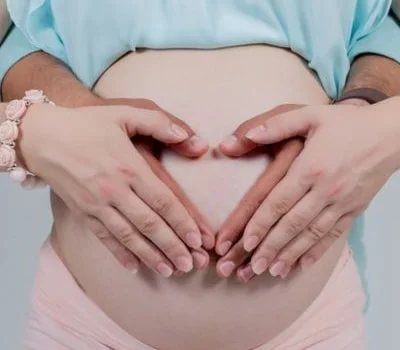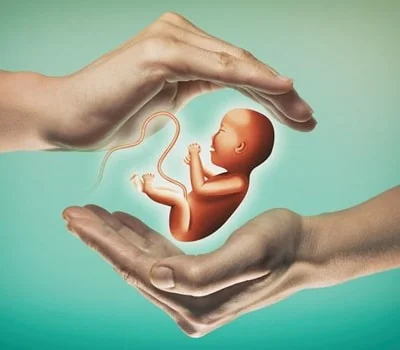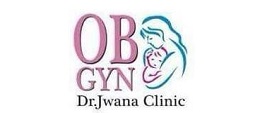All Departments
- IUI Treatment
- IVF treatment
- PCOS Treatment
- STD Treatment
- Infertility Treatment
- Fibroid Treatment
- Endometriosis Treatment
- Ovarian Cyst Treatment
- Sexual Dysfunction
- Menopause Specialist
- Irregular Menstrual
- Laparoscopic Gynecologists
- Hysterectomy
- Urogynecologist
- Contraception
- Colposcopy
- AMH Testing
- O Shot
- G shot Treatment
- Vaginoplasty
- labiaplasty
- Clitoral Hoodectomy
- Vaginal Bleaching
- High-Risk Pregnancy
- Pregnancy Care
- Maternal Fetal Medicine
- Cesarean Delivery
- Painless Normal Delivery

IVF treatment
Overview
In vitro fertilization (IVF) is a fertilization process in which an egg is combined with sperm in vitro. It is a popularly known type of assisted reproductive technology (ART). IVF process is stimulated and monitored by specialist doctors to help couples become parents. IVF is performed:
To treat infertility issues in couples.
To prevent certain genetic problems.
What happens in an IVF Treatment?
In IVF treatment, the egg is taken from the woman’s ovaries and fertilized with sperms in a laboratory. The fertilized egg or an embryo is then placed back in the woman’s womb to grow and develop. Once the embryo is adequately implanted in the uterus, it will result in pregnancy.
This process can be carried out using your partner’s or a donor’s gametes. Doctors always try other methods, such as fertility drugs, surgery, and artificial insemination, before opting for IVF, except for complete tubal blockage.
Who is an ideal candidate for IVF?
IVF treatment should be offered to
A couple is facing unexplained fertility issues.
Women who are unable to get pregnant even after having unprotected sex for 1 years.
After trying 12 cycles of artificial insemination, with at least 6 of these cycles using intrauterine insemination (IUI). It is a fertility treatment that directly inserts sperm into a woman’s womb.
What causes of infertility are treated by IVF?
The known causes of infertility that can be treated with IVF are:
- Difficulty with ovulation
- Poor quality of egg
- Low sperm counts
- An unexplained fertility problem
- The genetic disease of a mother or father
- Issues with the uterus or fallopian tubes
- When the immune system harms sperm or eggs
- The inability of sperm to enter and survive in the cervical mucus
- When endometriosis causes tissue to grow out of the uterus
What happens during IVF?
What happens during IVF?
IVF procedure can be explained in the following 7 stages:
- The natural menstrual cycle is suppressed with medicine.
- With the help of medicine, ovaries are stimulated to produce extra eggs.
- Egg collection occurs by inserting a needle through the vagina to the ovaries.
- The progress is monitored to see the development of eggs through ultrasound scans. Medications are given.
- Egg fertilization occurs when the eggs are mixed with the sperm for a few days, allowing them to fertilize. This is called insemination. The eggs in a sperm sample are preserved in a special container in the right ambiance until they develop into healthy embryos.
- Embryo transfer occurs when 1 or 2 fertilized eggs (embryos) are placed into the female partner’s womb. The doctor uses a thin tube to slide the embryos through the cervix into the uterus.
- After the embryo is transferred, you will be asked to wait and rest for 2 weeks, then perform a pregnancy test to evaluate.

